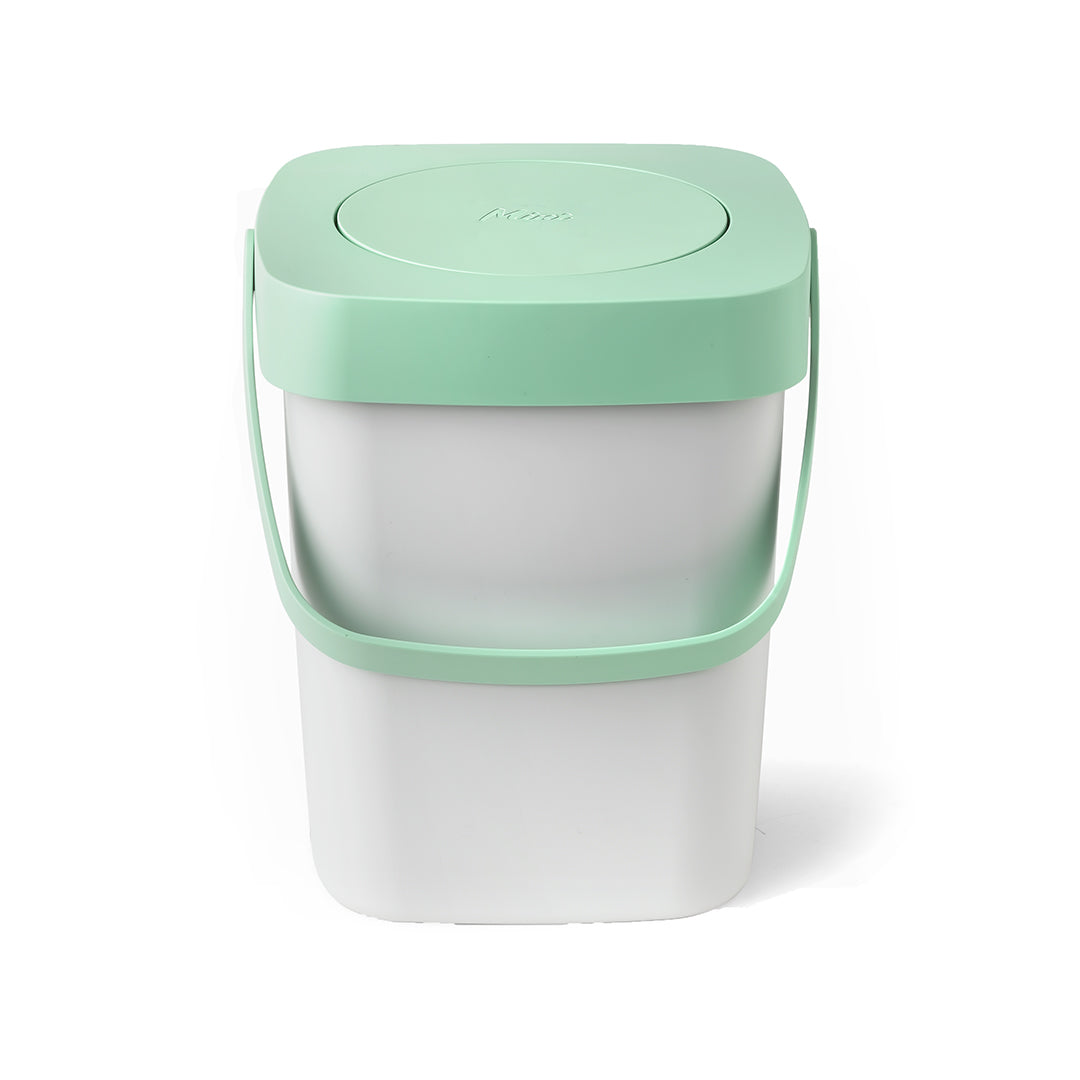Waste that can be composted for the garden
When it comes to sorting organic waste, it’s important to know which waste can be put into compost to get the best results. And that will depend on what we do with the waste once it’s been sorted.
There are two main ways to recycle organic waste. The first is to make compost, which can be used to fertilize the soil. Be careful not to throw anything in. The second is biogas. Here, it’s a little more flexible, but you can’t put just anything on it either. In this article, we list (by no means exhaustively) a number of waste products and how to dispose of them.
Here is a list of wastes that can be composted for the garden:
- Leaves and grass clippings
- Eggshells and peanut shells
- Rotten fruit and vegetables
- Faded flowers
- Used tea and coffee
- Paper and cardboard (shredded)
- Wood ash (in small quantities)
Waste that can’t be composted for the garden
It’s important to note that some wastes shouldn’t be put into garden compost, as they can harm the quality of the compost or attract pests. Here is a list of waste to avoid:
- Bones and meat
- Fats and edible oils
- Chemical products (such as pesticides and herbicides)
- Animal waste (excrement and litter)
Waste that can be composted for biogas production
Composting can also be used to produce biogas, a combustible gas produced by the anaerobic (oxygen-free) decomposition of organic matter. To produce biogas, waste must be collected and placed in a digester, which is a hermetically sealed container in which anaerobic decomposition takes place. Here is a list of wastes that can be used to produce biogas:
- Manure
- Food waste
- Biodegradable household waste (such as paper and cardboard packaging)
- Vegetable waste (such as leaves and branches)
Waste that cannot be composted for biogas production
It’s important to note that certain types of waste must not be used to produce biogas, as they can damage the digester or alter the quality of the biogas produced. Here is a list of waste to avoid:
- Non-biodegradable waste (such as plastic and glass)
- Chemical waste (such as used oils and cleaning chemicals)
- Animal waste (excrement and litter)
By following these tips, you should be able to compost successfully or take the right waste to the biogas plant.

